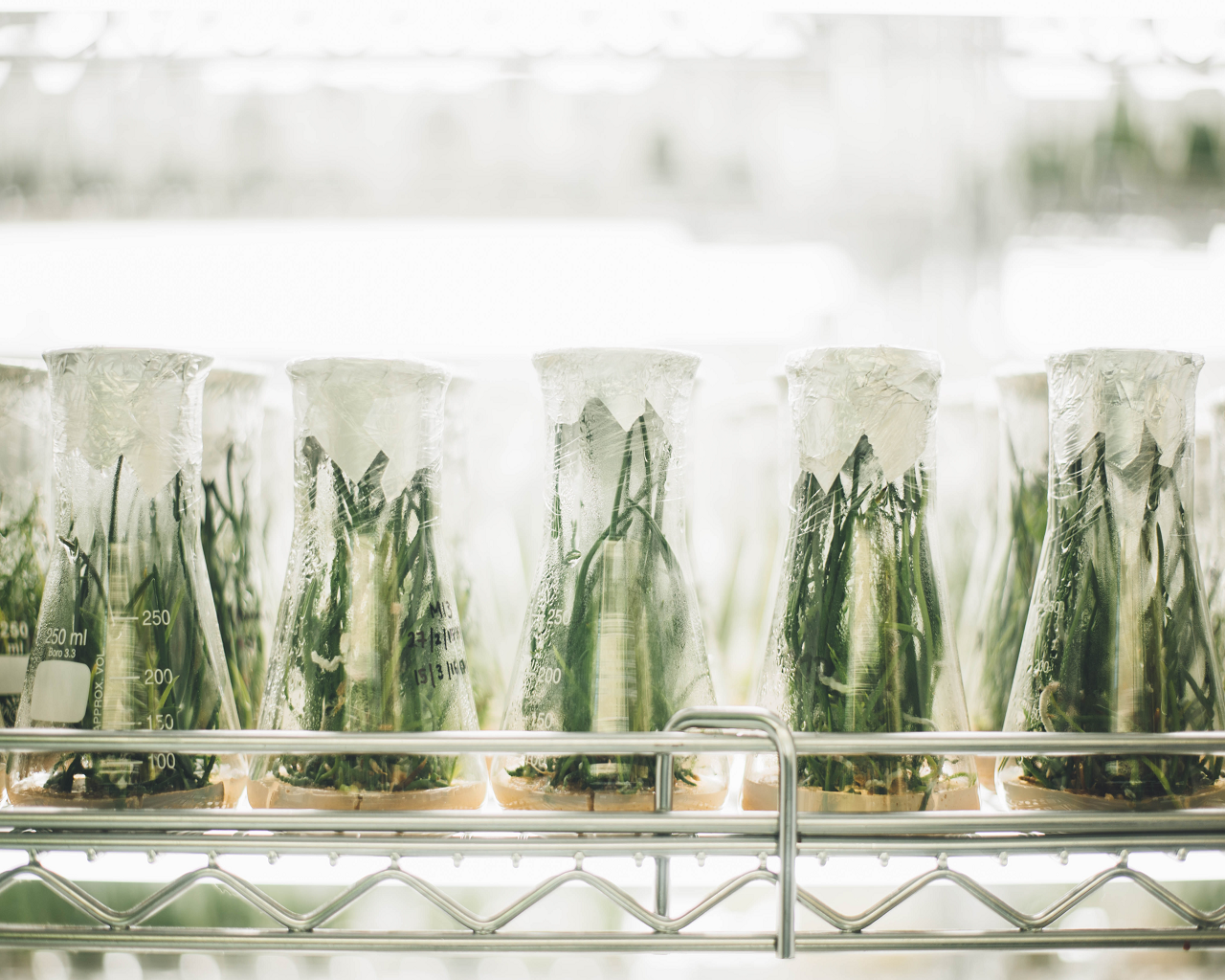[vc_acf field_group=”1287″ field_from_1287=”field_5a155fb5628a4″]
[vc_acf field_group=”1287″ show_label=”yes” field_from_1287=”field_5a1538a612368″][vc_acf field_group=”1287″ show_label=”yes” field_from_1287=”field_5a15385612367″][vc_acf field_group=”1287″ show_label=”yes” field_from_1287=”field_5a1539cf1236a”]
Latest posts
[latest_post type=”minimal” order_by=”date” order=”DESC” title_tag=”h4″ display_category=”1″ display_time=”1″ display_comments=”0″ display_like=”0″ number_of_posts=”3″ category=”blog, food, chemical”]
[button size=”medium” target=”_self” hover_type=”default” text_align=”center” button_shadow=”no” custom_class=”contact_button” text=”Contact us” link=”https://www.chemsafe-consulting.com/contact-us/” color=”#ffffff” background_color=”#4c87ca” border_radius=”4″]







